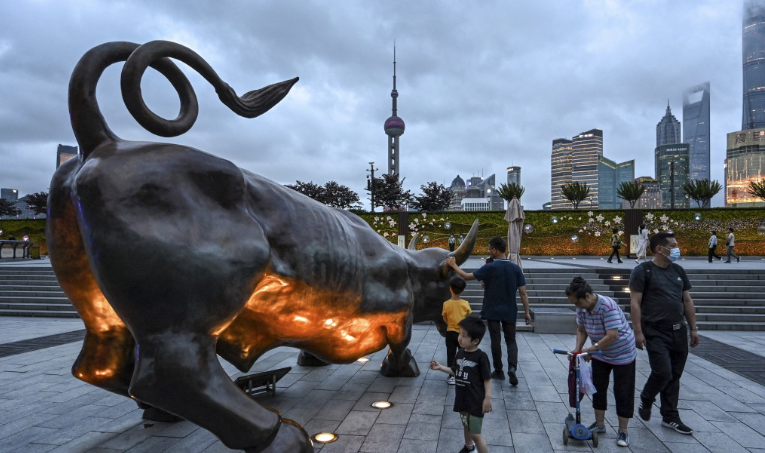China’s stock market is giving investors more drama than a soap opera—and not the fun kind. The mounting sell-off in Chinese stocks is deepening what can only be described as a crisis of confidence in the world’s second-largest economy, adding even more pressure on policymakers to put the brakes on this spiralling mess.
The main stock index is dangerously close to levels last seen in January 2019, marking just one of many bleak milestones in China’s $8 trillion stock market. Down by a modest 7% this year, the CSI 300 Index is staring down the barrel of an unprecedented fourth consecutive annual loss, while the MSCI index of Chinese stocks is enjoying its longest underperformance against global equities since… well, the start of the century.
The root of the problem? Oh, just a few minor issues:
- A real estate meltdown
- Plummeting consumer spending
- There is some light geopolitical tension ahead of the US electionsIt’s
No wonder President Xi Jinping’s government is in a bit of a panic. This market collapse only makes consumers and businesses more anxious, turning that deflationary feedback loop into a merry-go-round of economic despair.
Ever reluctant to embrace bold economic stimulus measures, Beijing has tried to patch things up. But, predictably, the big rescue plans that revived the economy in the past are nowhere to be seen. The government refuses to introduce meaningful demand stimulus, so consumer confidence keeps eroding.
China’s stock market woes are even more painful when you compare them to the rest of the world’s bullish glee this year. The CSI 300 is bumbling around its 2019 levels, while stock indices in the US, Japan, and India have doubled or more. The increased state control over private companies and the ever-escalating trade tensions as China tries to become self-sufficient don’t exactly scream “Buy now!”
For some context: since 2021, around $6.5 trillion has evaporated from the market value of Chinese and Hong Kong stocks – an amount that, for reference, equals Japan’s entire stock market. So yes, things aren’t looking too rosy.
Policymakers have tried to fix things, spending billions to buy stocks and tinkering with rules on short-selling, but investors aren’t convinced. China’s hesitant approach to economic reform seems set to keep the stock market trapped in a twilight zone between sluggish growth and too much state meddling.
The real issue? China’s economy is sinking into deflation, with salaries dropping, consumer confidence tanking, and businesses cutting prices. Even Xi Jinping’s big plan to move China up the value chain by focusing on electric vehicles and solar energy seems to be hitting a wall.
The People’s Bank of China hesitates to slash interest rates aggressively, and the government is dragging its feet on aggressive stimulus measures, perhaps still reeling from the mess caused by the property bubble burst. The market needed surgery, but all we got was life support.
